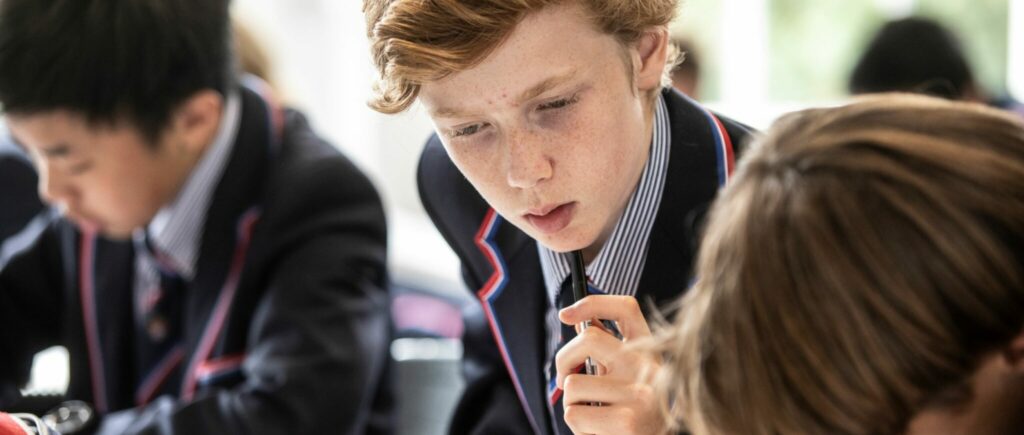Preparing for exams
With VCE exams underway, it is a timely reminder for Year 7-11 students to begin their study preparation to maximise exam performance.Here are some helpful tips for students in the lead up to exams.
Start your preparation early
All year levels will be undertaking exams in the next month so students should now be dedicating revision time to their weekly homework program. Students need to ensure they evenly allocate revision time to all subjects with an exam.
Know what each exam will cover
Students will receive an Exam Checklist that will include the key knowledge and skills being assessed in each of their subject’s examinations.
Avoid ‘easy’ study
Reading over summary notes, or re-writing notes, are common strategies that I often see students using and they are ineffective! These approaches feel comfortable and reassure students about what they think they know, but they are low impact strategies that don’t allow students to apply their understanding in the way they will need to during an exam.
Study should be cognitively active, including applying the skills students have developed and will be assessed on (refer to the exam checklist repeatedly).
I often say to my students, ‘You don’t read a book or watch a documentary about Michael Jordan and then expect to play basketball like Michael Jordan. If you want to play basketball like Michael Jordan, do what Michael Jordan did – practise’. The same principle applies to studying for exams. Practise the exact skills you will be tested on during an examination.
Vary your revision techniques
Subject teachers will be providing students with a range of revision materials. These will vary depending on the subject but may include: memorisation strategies such as cue cards or quizlet, feedback activities such as self-assessment using assessment guides, concept and mind maps, comparative or summary tables and, of course, lots of practice exam questions. Using multiple revision strategies will create more flexible thinking skills, better enabling students with the capacity to apply their learning in lots of different ways.
Sleep, eat well and exercise
This speaks for itself; however, the importance of good quality sleep, especially in the time leading up to assessment, is really important to allow for optimal cognitive, emotional and physical health.
Don’t forget to include activities your son enjoys as a reward for time spent studying. Getting away from their study area and doing something that makes them feel happy and connected with others is the best type of reward. And it’s even better if that activity is outside.
Amy Atchison
Head of VCE Programs

